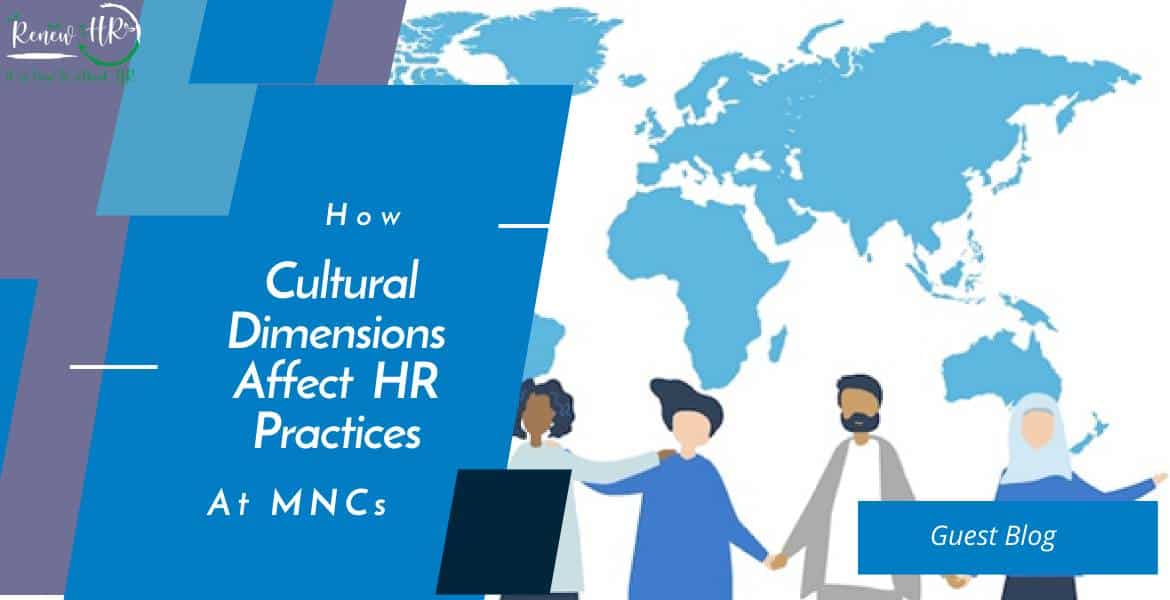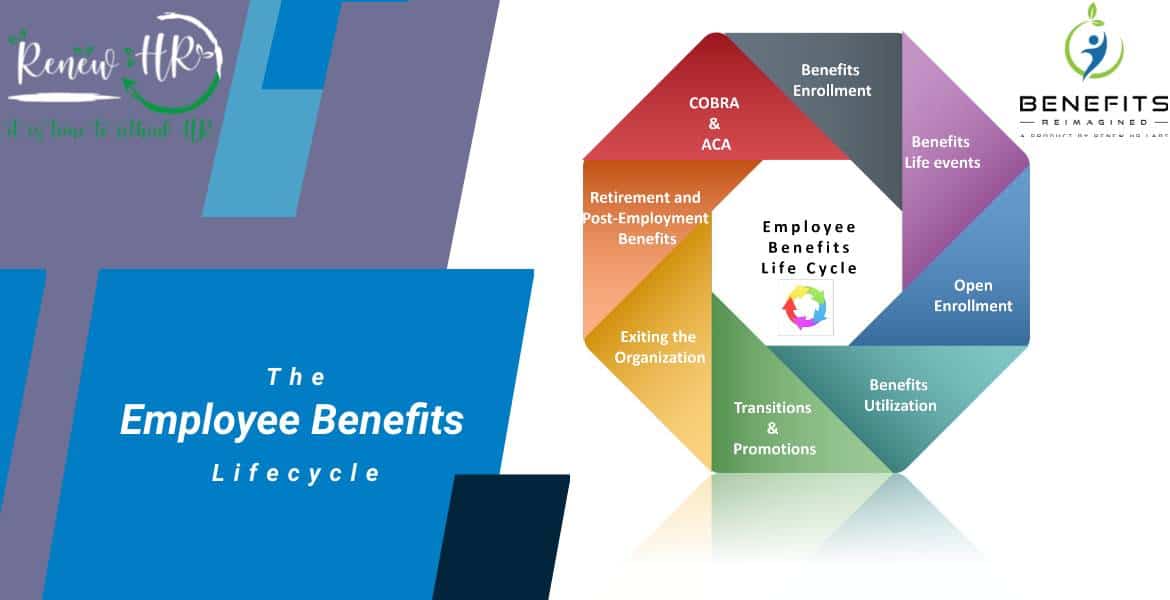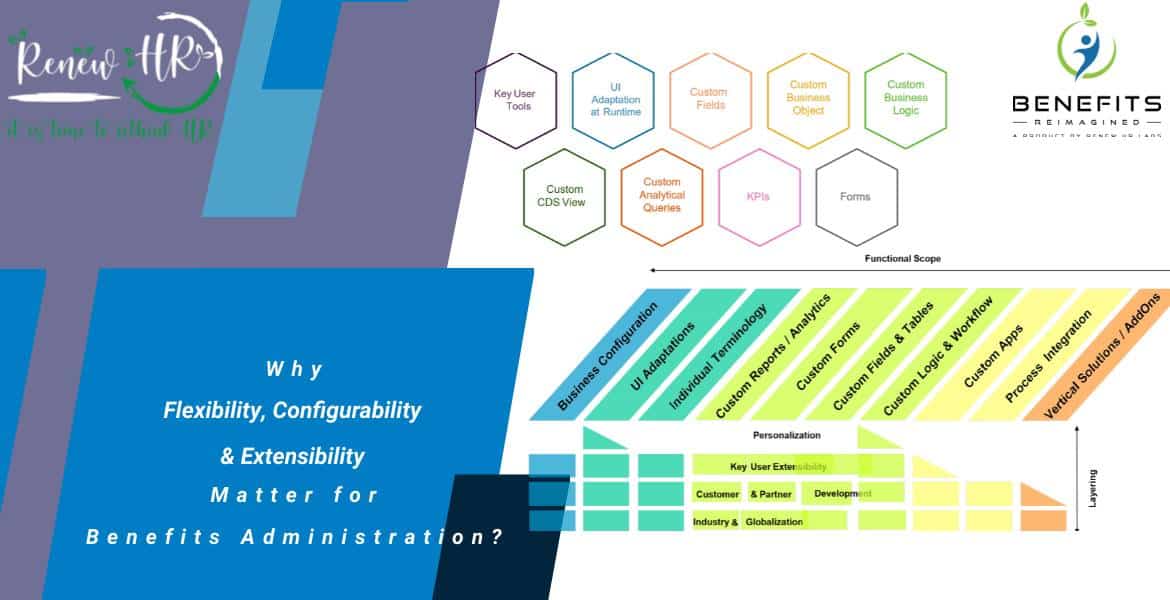The world we live in today has become a global village, with many companies operating internationally. To substantiate, the need to formulate strategic relationships, share resources, and expand into new markets is seeing countries partner with others economically, politically, and in many other ways. However as international business occurs i.e acquisitions, mergers, and joint ventures, multinational companies have a lot to deal with.
Beneath the thriving topping of many global corporations and enterprises like Shell, IBM, Apple, Toyota, McDonald’s, Coca-cola, and KFC, is a cost. Venture opportunities aren’t the only key determinants of a company’s commence and survival in a new market, more so, in a country.
There are various considerations with HR policies being significant pointers. There are several reasons why employees also yearn to work for certain companies, more specifically, global enterprises.

Apart from competitive pay, CSR, and added employee benefits, competent HR policies are key pull factors. Human resource policies play a vital role in defining a company’s public image in a new market. Without fair HR policies, MNCs struggle to survive in new markets and are mostly left on the verge of collapse.
There are also varying factors in MNCs’ HR policies. For example, HR practices that would work in the US, i.e. a secular country would not work in a country like Iran which is more conservative and culturally rooted.
With all that MNCs must study a country’s specific cultural dimensions in order to operate successfully. As an HR or a manager, we guess you already know what these cultural dimensions mean. However, to start off on a clear note, we can highlight the term as follows.

Contents
What are cultural dimensions?
Cultural dimensions refer to the social differences that occur within individuals of a particular country or region. Cultures are also highly linked to the values of people in accordance with their behaviors, customs, practices, or way of life. Any company that would love to explore a new market must understand the social behaviors, expectations, and preferences of the people in a specific country. This will help it develop HR policies that are in line with the findings.
Geert Hofstede thoroughly elucidates the different cultural dimensions that may occur within a given group of people i.e within a country or a region. Any company that desires to enter a new market must consider these dimensions to help avoid conflicts that may arise from dissimilar beliefs and practices.
How Cultural Dimensions Impact HR Policies at MNCs
Cultural dimensions impact HR practices in many ways and we would love to elucidate the ways they do so, highly relating to Hofstede’s theory. Hofstede’s cultural dimensions all-roundly showcase the extent to which cultures and their people may differ from others. That means that a country’s local traits like stability, natural resources, and technology aren’t definite pointers to its profit realization and survival in a new market.

The cultural traits of a given country must be taken into consideration when formulating HR policies in order to support a company’s talent gap closure approaches effectively. How exactly the cultural differences can influence the transfer of HR policies between countries is explained below.

1. Power Sharing Arrangements
Hofstede’s cultural dimensions comprise Power Distance Index (PDI) as one of the major domains of cultural facets. When entering a new country, MNCs must consider the country’s PDI structure. PDI generally refers to the extent to which power is distributed in a country and its organizations. This also takes into consideration the degree to which authority and wealth are distributed.
Some countries are patriarchal, or feminine, while others push for gender equality. For example, they consider having equal representatives in top management positions to promote gender balance.
In countries with a high degree of PDI, MNCs must consider formulating HR policies that consolidate power and authority within the top management or having more males in the top positions.
On the other hand, in countries with low PDI, MNCs can consider distributing power as per the hierarchy and avoiding the authoritarianism approach. With low PDI, there should be possibilities for decentralization and delegation of power in HR policies.
For example; considering Australia and China, there is a high power distance in China when compared to Australia. That means that multinational companies in China must take an authoritarian approach when formulating human resources policies. However, in Australia, they must ensure to create policies that facilitate decentralization and delegation of power and authority.
2. Influence Compensation Practices
Different companies comprise varying compensation components, but the unifying factor is that compensation policies must be transparent. Regardless of the compensation policy an MNC adopts, it must make sure that it is applicable to all employees or fair. Besides, compensation policies have a direct impact on employee engagement levels in any organization.

Compensation is a key factor in getting quality talent in the marketplace. Companies that pay highly commonly get a competitive edge over their counterparts, especially in the terms of talent. Multinational companies like Google and Microsoft are known to pay well, however, compensation may differ from country to country.
Employees in countries characterized by high standards of living i.e the US and the UK normally get high remuneration to help their workers live a comfortable life. Although that doesn’t differ highly in other countries, MNCs spend relatively lower in developing countries generally because standards of living are much lower there.
On the other hand, the uncertainty avoidance index (UAI) plays a great role in formulating remuneration or compensation policies. UAI is the extent to which the people of a country are more willing to deal with uncertainties. UAI also reflects the degree to which people are flexible in unprecedented times.
Countries with a high UAI mean that employees there are more proactive and would take all necessary measures to control things and their outcomes. On the other hand, countries with low UAI mean that employees are more flexible to change and can easily adapt to scenarios of uncertainty.
Taking into account Australia and China, Australia has a higher uncertainty avoidance score when compared to China. In this case, people are more likely to take a proactive approach. For example, they prioritize stability or having a fixed paycheque to maintain their standards of living rather than relying on compensation predictions. On the other hand, people in China would be happy with performance-based pay as it gives them the opportunity to innovate and earn higher than the average.

3. Influences Team Work Environment Practices
Multinational companies have a higher score when it comes to positive work environments. That’s generally due to their desire to attain a competitive edge in the marketplace. Apart from ensuring an attractive compensation package, they also try to enable their workers to attain a work-life balance.
They also try to provide development opportunities for their employees to attain key job skills required to adapt to the modern workforce changes. However, when it comes to the context of culture, there are several factors to put into consideration.
A good paycheque and professional development opportunities aren’t enough to help any company retain its top talent. The work environment matters a lot too. Employees would love to feel safe, supported, and with a sense of belonging. Multinational companies are definite grounds for diversity and inclusion. With that, HR policies must be suitable for all the different employees that may be hired in the company irrespective of their backgrounds, gender, and beliefs.
Depending on the country, HR managers also ought to know that some cultures prioritize collective interests whereas others prefer individualism. Cultures that push for collective interests mean that company cultures focus on employee needs, demands, and preferences as a group.
In this case, group programs and interests are highly prioritized. HR managers focus on developing HR practices that don’t discriminate against others regardless of job positions, gender, or beliefs.
On the other hand, countries with a high score of individualism alter a company’s focus to turn to individual interests. In this case, personal goals and achievements matter more. That’s because there is a higher degree of personal tasks and accountability. Collectivism and individualism facets matter a lot in defining a company’s work environment.
However, modern companies whether MNCs or not are trying all measures to create a safe and positive work environment as this leads to higher productivity and lower employee turnover.
4. Escalation of People to Leadership Roles
Promotion is part of career development and professional life. Many employees seek advancement opportunities where they can exercise their leadership skills or attain more experience. Many MNCs and non-MNCs offer grounds for promotion, however, there are also considerations taken into account depending on the country.
Countries that are more patriarchal may provide more leadership opportunities for males whereas countries with a low masculinity score may push for gender neutrality. In this case, it won’t be odd to find a balance between males and females in crucial management positions.

Effective HR policies focus on creating equal opportunities for all employees despite employee gender and ethnic groups. They also focus on providing a safe work environment that is free of sexual harassment, discrimination, and bias. One of the most effective approaches to ensuring a positive work environment is ensuring equitable opportunities for promotion and development in an organization.
To encapsulate, many companies would love to operate overseas and there are indeed diverse opportunities for that to happen. With technological advances and the economic power of some countries, many companies in those countries are stretching their influence beyond their physical boundaries.
However, there are several aspects that must be taken into consideration like HR policies. Human resource policies and practices must be designed as per the cultural traits of a foreign country.
- How Cultural Dimensions Affect HR Practices at MNCs - 26/09/2022















